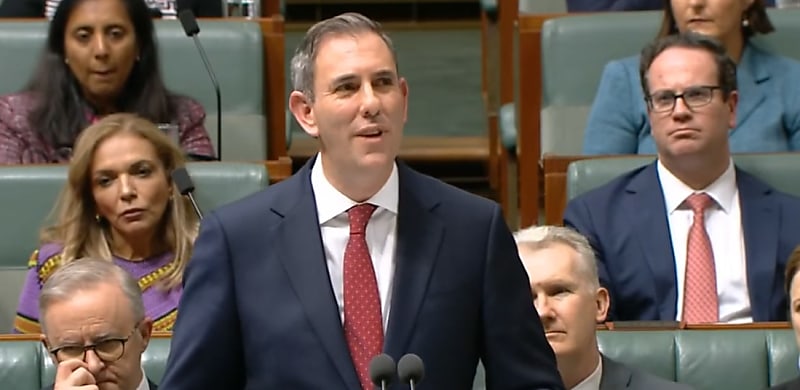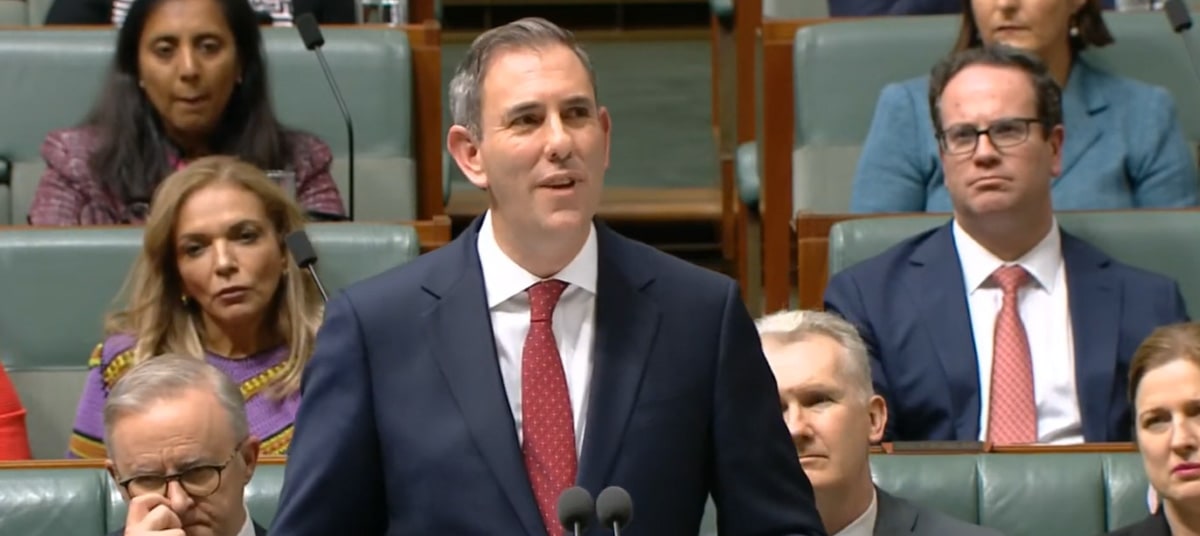
Sweeping tax rate cuts for small and medium-sized businesses are among the proposals in the Productivity Commission’s latest report.
The Productivity Commission has recommended that the government make sweeping tax rate cuts for small and medium-sized businesses, as well as regulatory reform, in its report into creating a more dynamic and resilient economy.
In draft recommendations included in an interim report published Thursday (31 July), the Commission called for the company tax rate to drop by up to 10 percentage points for businesses with revenue under $1 billion to lift business investment and productivity growth.
Lower company tax rates are likely to attract more overseas firms to invest in Australia, the Commission stated, strengthening the ability of smaller firms to compete with larger ones.
The Commission also pushed for a new 5 per cent net cash flow tax that supports companies’ capital expenditure by allowing them to immediately deduct the full value of their investments.
In its report, one of five separate inquiries on boosting productivity commissioned by Treasurer Jim Chalmers last year, the Commission claimed the changes could increase investment in the economy by $8 billion, while being revenue-neutral over the medium term.
The changes would see the 1.2 million companies that earn below $50 million (in 2022–23 figures) have their company tax rate fall from 25 per cent to 20 per cent, while the rate for around 7,000 companies earning between $50 million and $1 billion would drop from 30 per cent to 20 per cent.
The reduction in headline company tax rate would move Australia from having one of the highest to one of the lowest statutory rates for small and medium-sized firms in the Organisation for Economic Co-operation and Development (OECD).
Under the Commission’s proposals, company tax would remain at 30 per cent for firms earning over $1 billion.
The $1 billion threshold will “provide the biggest dynamism and investment ‘bang’ for the government’s buck”, the Commission said.
If the net cash flow tax is effective, it could be expanded over time and fund broader reductions in company income tax, the report stated.
‘Ever-growing thicket’ of regulations
The Productivity Commission also described how the “ever-growing thicket of rules and regulations” faced by businesses is significantly limiting productivity growth.
In consultations for the inquiry, the Commission heard that businesses have faced a growing regulatory burden over the past two decades, describing it as a “handbrake on growth”.
The Commission urged the government to set clear expectations for regulators to look for ways to promote economic growth, while also recommending the appointment of an independent statutory commissioner to give more power to the Office of Impact Analysis, which scrutinises proposals for regulation.
The report also called on the government to make a “clear public commitment to reducing regulatory burdens” and ensure new regulatory proposals face greater cabinet and parliamentary scrutiny.
“The Government needs to cut through the thickets of regulation that are slowing us down and ensure any new regulations are made with growth in mind,” productivity commissioner Barry Sterland said.
Commenting on the need for tax reform, PC deputy chair Dr Alex Robson added: “We need to spark growth through investment and competition – the best way to do that is to fix our company tax system.”
The Productivity Commission is now accepting submissions on its suggested reforms to inform the final report that will be released later this year. The interim report is the first of the five pillars of productivity inquiries that the Commission will publish over the next three weeks, setting out reforms aimed at boosting Australia’s productivity.
Responding to the report, advocacy body the Housing Industry Association (HIA) said the findings should be a “wakeup call” for government policymakers.
HIA managing director Jocelyn Martin said: “Specifically, the Productivity Commission acknowledges the housing industry is plagued with numerous regulatory challenges that act as a handbrake on productivity and over the past years the volume and complexity of regulations affecting the housing sector have increased significantly.”
The Productivity Commission’s five inquiries into boosting Australia’s productivity are likely to inform the Economic Reform Roundtable, which will be hosted by Treasurer Chalmers and held at Parliament House in Canberra from 19–21 August.
In their submissions ahead of the roundtable, the HIA, Commonwealth Bank of Australia (CBA), and the Mortgage and Finance Association of Australia (MFAA) have all called for tax reform.
Taxation remains a major concern for many brokerages and small businesses, with recent research showing that small- to medium-sized enterprises (SMEs) are still cautious about borrowing due to Australian Taxation Office (ATO) debts and rising costs.
[Related: ‘Urgent’ reforms needed to fix housing crisis: CBA]

